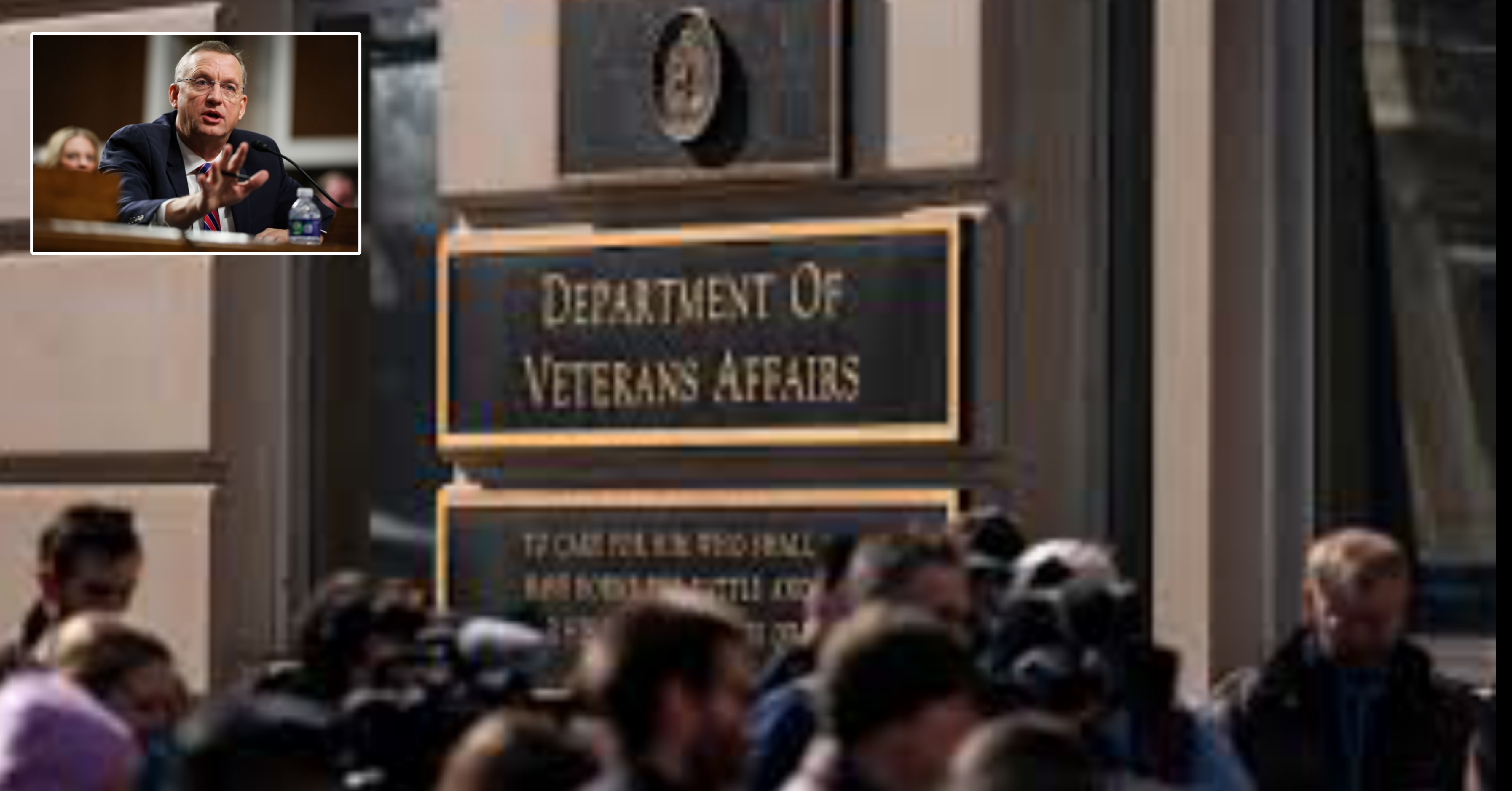
The Department of Government Efficiency (DOGE) recently announced its intention to terminate a substantial amount of contracts with the Department of Veterans Affairs (VA), alarming employees and advocates about potential consequences for veteran care. While the full roster of contracts marked for termination remains undisclosed, internal documents accessed by sources reveal over two hundred contracts on the chopping block. This move has triggered worries over how these cuts could disrupt critical services for veterans, many wholly reliant on the VA for healthcare, mental health assistance, and other essential services.
Why Are VA Contracts Being Slashed?
The DOGE’s decision to slash VA contracts is part of a broader initiative to streamline government spending and eliminate what it deems “needlessly duplicative or inefficient” programs. Officials assert the goal is to reduce bureaucratic waste and reallocate resources to areas deemed more pressing. However, critics argue the lack of transparency surrounding which contracts are being terminated makes accurately assessing the genuine impact on veterans difficult.
The VA has declined to furnish a detailed list of the contracts in question, leaving employees and veterans’ advocates in the dark. This obscurity has fueled concerns essential services, such as mental health counseling, medical equipment procurement, and telehealth programs, could be imperiled.
How Could This Affect Veterans?
Veterans are among the most vulnerable populations in America, with many wholly reliant on the VA for comprehensive healthcare and support services. Cutting contracts could disrupt these services in several ways:
Delayed Care: Many VA arrangements are with private medical providers and suppliers who offer healthcare services or specialised equipment. Cancelling these deals could lead to delays in therapy, especially for veterans in remote areas who rely on telemedicine and contracted experts.
Psychological Health Services: Mental health assistance is a crucial part of VA care, particularly for veterans experiencing PTSD, depression, and other service-related conditions. If contracts with psychological health providers are cut, access to these vital services could be severely limited.
Potential Job Losses for VA Employees: VA workers who labour on these contracts may face layoffs or reassignments, further straining an already overburdened system. This could lead to longer wait times and reduced quality of care for veterans.
Impact on Advancement: Some contracts fund study and development for new treatments and technologies tailored to veterans’ unique medical needs. Cutting these contracts could stifle progress and leave veterans without access to cutting-edge care.

Voices from Those Affected
Employees within the VA have expressed deep worries about the possible fallout from these cuts. One VA nurse, who wanted to stay anonymous, shared, “We’re already stretched thin. If these deals are cancelled, it’s going to be the veterans who suffer the most. They’ve already given so much for this country—they deserve better.”
Veterans’ advocacy groups have also sounded the alarm. “This is a classic case of penny-wise and pound-foolish,” said John Doe, a spokesperson for the Veterans Support Network. “Cutting contracts might save money in the short term, but the long-term costs to veterans’ health and well-being could be devastating.”
A Complex Debate
The decision to cut VA contracts highlights a recurring tension – balancing fiscal responsibility with caring for veterans. While streamlining is laudable, cuts must consider human impact carefully.
Moreover, lacking transparency on affected contracts undermines trust. Without knowing which services may change, meaningful discussion is impossible. Some argue certain alternatives deserve exploration first to avoid compromising care.
Ensuring Veterans Are Heard
Advocates call for greater openness and accountability from leaders. Many argue input from all stakeholders should guide contract changes. Additionally, evaluating alternative savings excluding quality concerns receives support.
Prioritizing Those Who Served
How to best support veterans amid fiscal constraints sparks nuanced discussion. Though waste reduction aims are reasonable, veteran well-being cannot be sidelined. As dialog continues, their needs must take priority for sacrifices made. Transparency, responsibility and commitment to those served must guide decisions’ future.
Common Questions
What drives the contract changes?
Citing efforts to streamline spending and remove redundant/inefficient programs, leaders cut VA contracts. However, lacking clarity on affected contracts raises worries over care’s impact.
How will these cuts impact those who served?
The proposed reductions could lead to postponed care, restricted access to psychological services, employment losses for VA employees, and a slowdown in medical breakthroughs. Veterans living in remote areas may be disproportionately affected.
What options are available to safeguard veterans’ care?
Advocates are calling for enhanced transparency and input from all stakeholders in the decision-making process. They also recommend exploring alternate cost-cutting measures that do not compromise the quality of care for our veterans.






